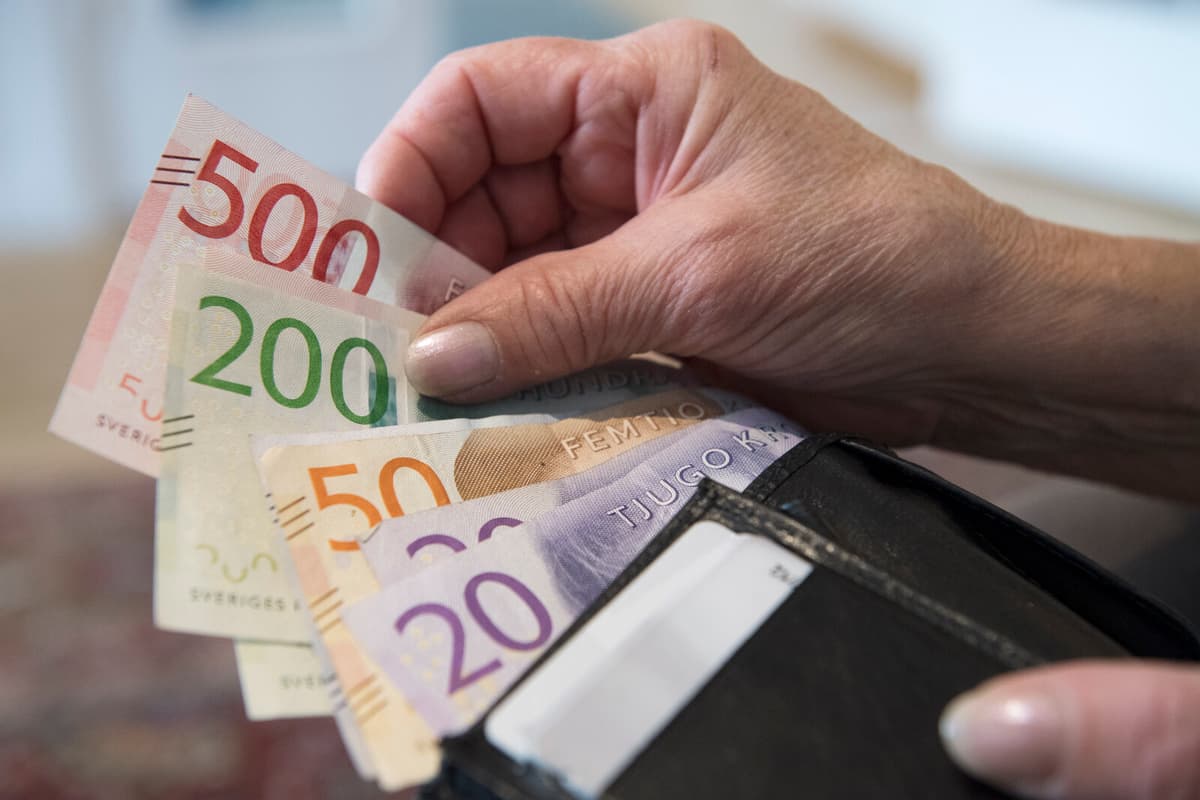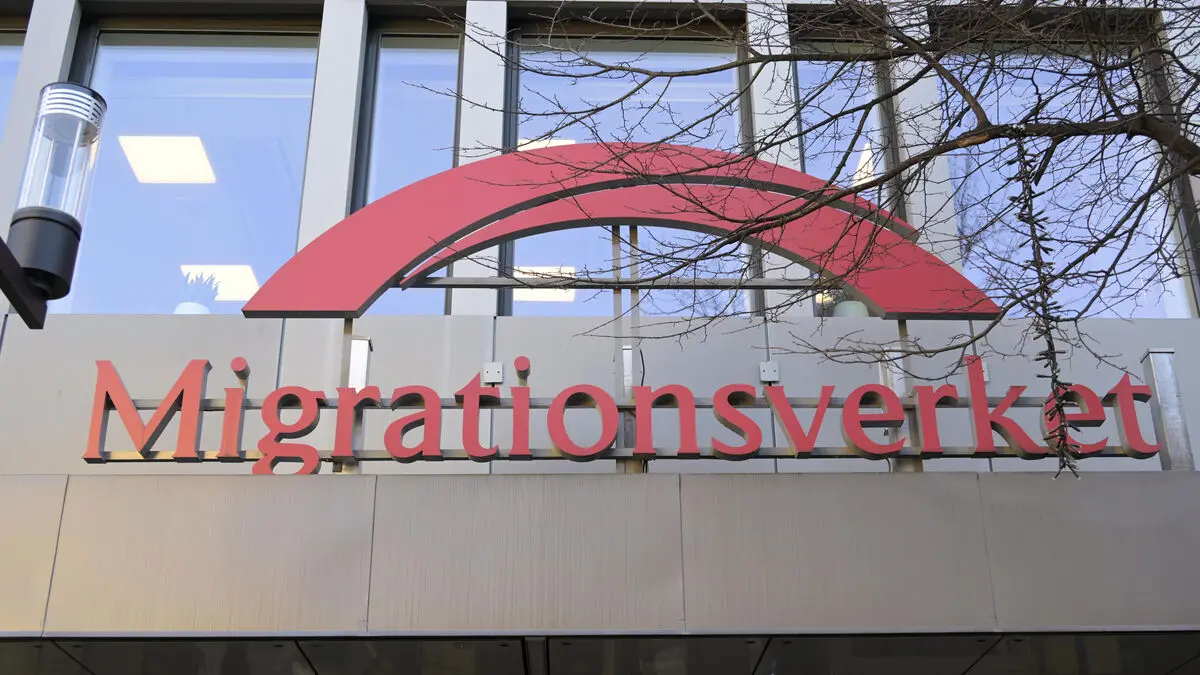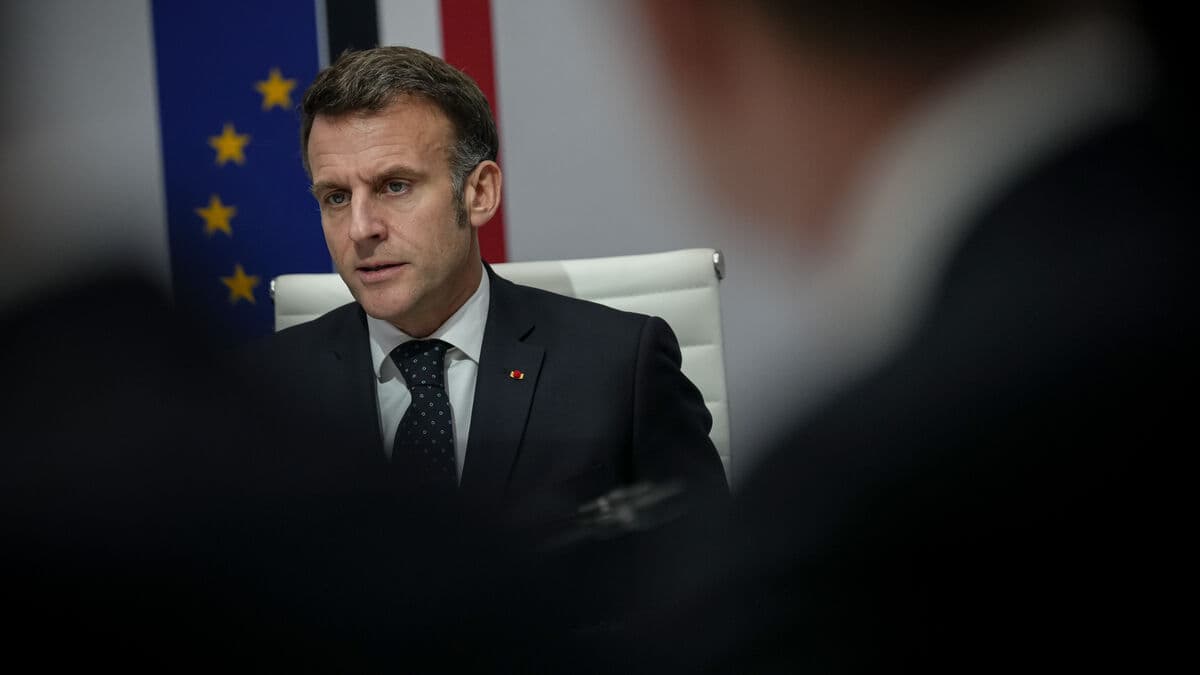The Swedes' economy grew by an average of 7 percent from 2022 to 2023. However, inflation was 8.5 percent.
"This means that the economic standard decreased for most population groups. Even in 2022, the standard decreased, which was the first time since the 1990s crisis," writes the Statistics Sweden (SCB) in a press release.
Thus, the average level of the economic standard in 2023 was back at the same level as in 2017.
Decreased disparities
Every year, with some delay, SCB calculates the measure, the so-called Gini coefficient, which shows the disparities in incomes in society. It decreased in 2023 compared to 2022, from 0.324 to 0.310, which is explained by lower capital gains from both housing sales and securities.
The proportion of Swedes with a "relatively low economic standard" also decreased between the years, from 13.6 to 13.2 percent.
"It is the lowest proportion since 2008," says Peter Gärdqvist, researcher at SCB, in a comment.
Primarily, it is among the elderly that the economic standard has improved. This is explained by the fact that benefits, pensions, increased relatively much due to inflation, according to SCB.
In the predominantly working part of the population, 20-64 years, the proportion of relatively "poor" people, on the other hand, increased.






